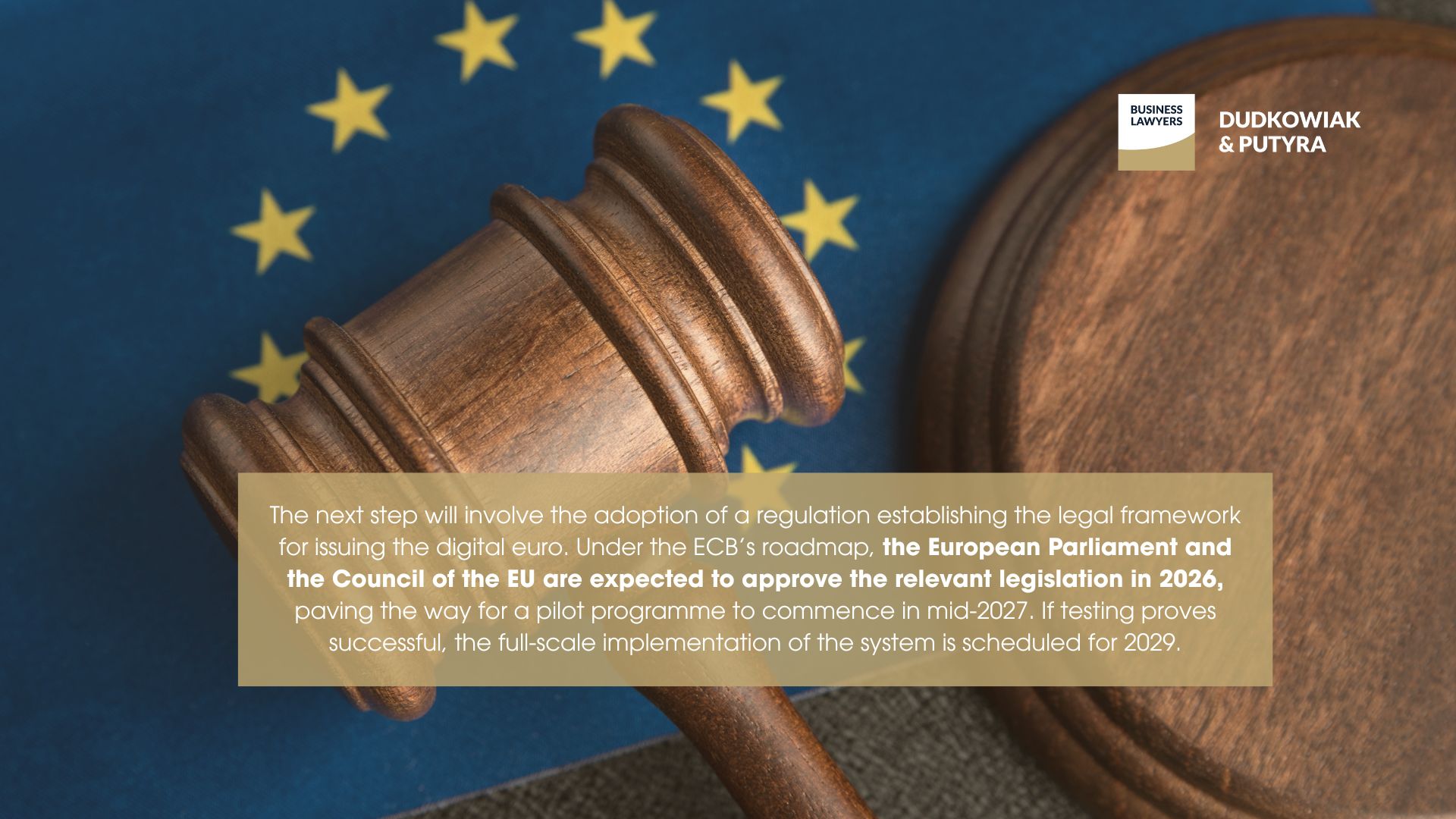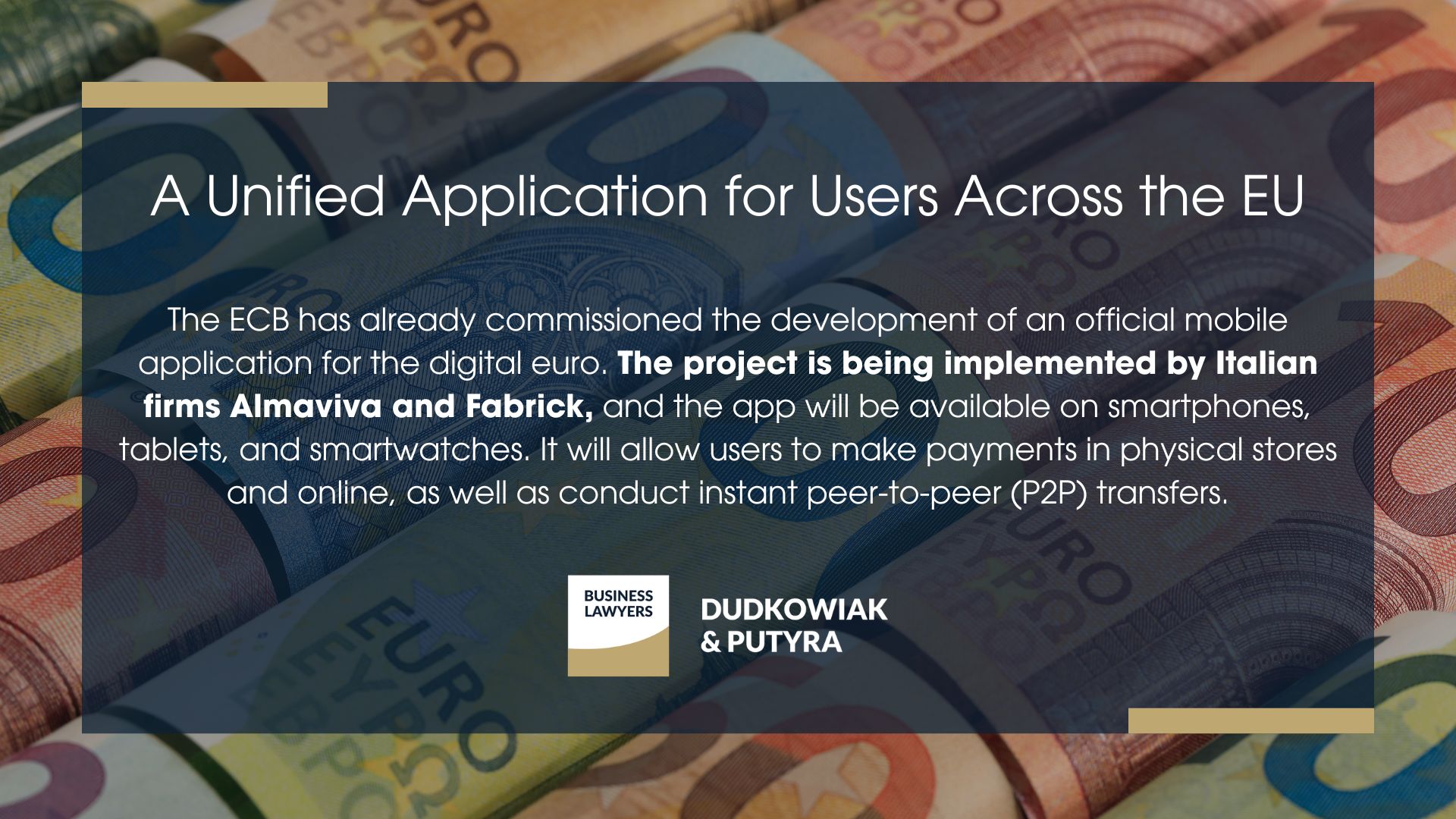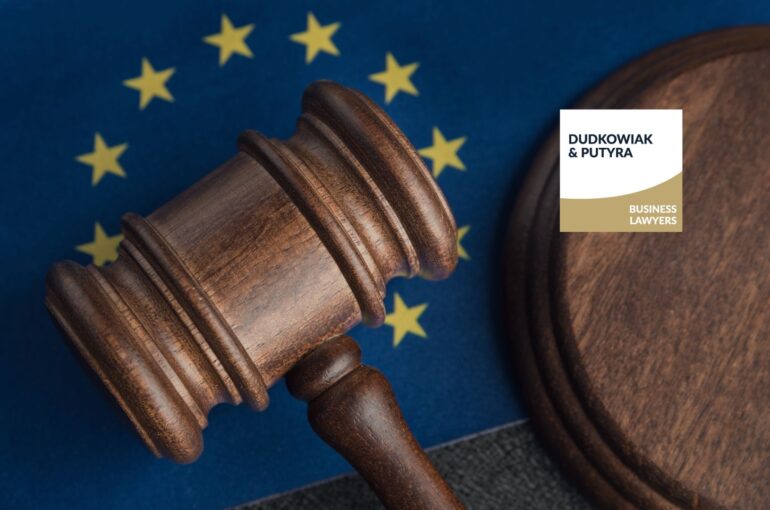ECB Accelerates Work on the Digital Euro. Pilot Programme Planned for 2027
The European Central Bank (ECB) has announced the completion of the preparatory phase of the digital euro project and the transition to the phase aimed at ensuring technical readiness. If the current timeline is maintained, testing of the new central bank digital currency (CBDC) could begin as early as 2027, two years ahead of the planned operational launch.
The decision to accelerate the project follows growing expectations from EU member states to strengthen the financial autonomy of the European Union. The initiative is also driven by geopolitical tensions and concerns about the bloc’s heavy reliance on U.S. payment giants such as Visa and Mastercard.
The European CBDC – a Step Towards Monetary Sovereignty
According to the ECB, the digital euro is intended to complement traditional cash rather than replace it. This new form of money aims to:
- enhance transaction security;
- facilitate cross-border payments;
- give citizens greater control over the privacy of their financial data.
The next step will involve the adoption of a regulation establishing the legal framework for issuing the digital euro. Under the ECB’s roadmap, the European Parliament and the Council of the EU are expected to approve the relevant legislation in 2026, paving the way for a pilot programme to commence in mid-2027. If testing proves successful, the full-scale implementation of the system is scheduled for 2029.

ECB President Christine Lagarde emphasized that the euro remains a symbol of trust and European unity. She noted that the Bank is simultaneously working on the modernisation of physical banknotes and the preparation of their digital counterpart, tailored to the needs of a modern economy.
In the coming years, the ECB plans to focus on three key areas:
- Developing the technical infrastructure,
- Cooperating with the financial and payment sectors,
- Supporting the legislative process.
The total cost of developing and launching the digital euro is estimated at around €1.3 billion, with annual maintenance expenses projected at approximately €320 million.
Controversies and Risks for the Banking Sector
The project has also sparked controversy. Critics argue that the digital euro could pose a significant liquidity risk for the banking sector, while some political groups fear it could become a tool for monitoring citizens’ financial transactions. According to an ECB report, in a severe bank run scenario, up to €700 billion in deposits could flow out of commercial banks, potentially triggering liquidity crises in a dozen financial institutions.
A Unified Application for Users Across the EU
The ECB has already commissioned the development of an official mobile application for the digital euro. The project is being implemented by Italian firms Almaviva and Fabrick, and the app will be available on smartphones, tablets, and smartwatches. It will allow users to make payments in physical stores and online, as well as conduct instant peer-to-peer (P2P) transfers.

Although the digital euro remains at the conceptual stage, the coming years will be crucial in determining whether the European CBDC will become a new cornerstone of the EU’s payment infrastructure, or merely another ambitious financial experiment whose long-term impact remains uncertain.
The coming years will bring key legislative and technological decisions that will define the future of payments in the European Union. If you would like to better understand the potential risks and opportunities associated with the digital euro, please contact us for analysis and strategic support.


